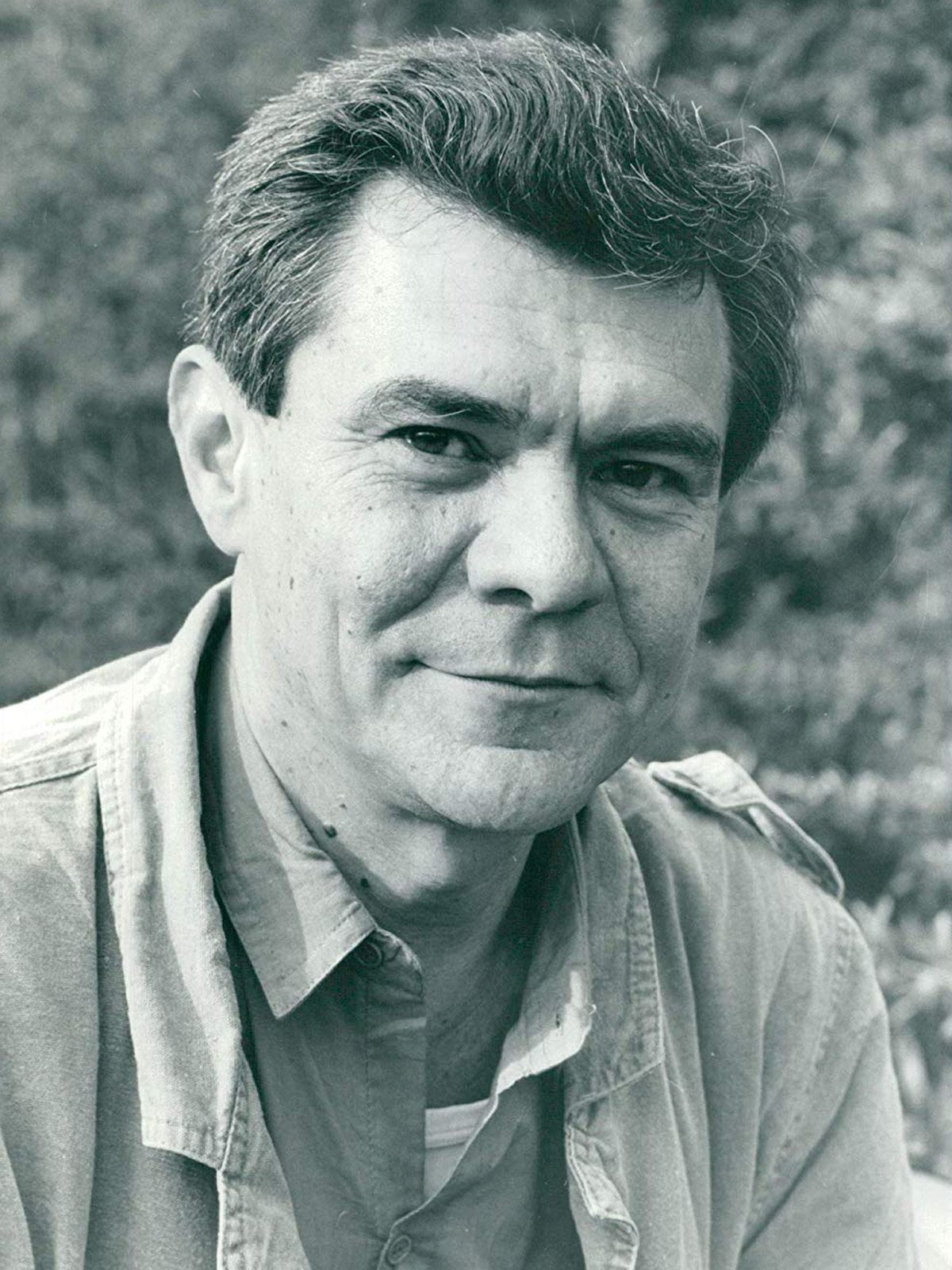Guyana-born environmentalist Conrad Gorinsky has died.
Gorinsky who was born in Parubaru, near the Kuyuwini river, in British Guiana on March 7, 1936 died of pneumonia after being treated for nasal cancer on August 18, 2019 at age 83.
Described as a world authority on the medicinal properties of tropical plants he is best remembered for his attempts to create a “pharmacopoeia” of jungle compounds through the patenting of naturally occurring medicinal substances as well as a co-founder of the charity Survival International, which campaigns for the land rights of indigenous peoples in the Amazon.
“The forests are like a big library and the people of the forest are librarians,” a published obituary in The Times newspaper quotes Gorinsky as habitually saying.
In the 1980s he patented cunaniol from the barbasco bush as a stimulant to the nervous system that could unblock arteries and temporarily stop the human heart without damaging it. He also patented the compound from the greenheart tree, which he called rupununine, as an antipyretic to treat diseases such as malaria and cancer. The patents were registered in the US and Britain.
Though he stated that he wanted to protect the intellectual property rights of the tribespeople who had developed the cures over generations, members of the Wapishana tribe demanded in 1990 that he revoke the patents.
Gorinsky, who was working in Venezuela at the time, found himself condemned as a “colonial scientist” and deported. He was later branded a “biopirate”.
The Convention on Biodiversity, signed at the Rio Earth Summit in 1992, effectively nationalised plant resources and outlawed the patenting of organic compounds by individuals. Though Gorinsky could have retained his American patents because the US did not recognise the convention, he allowed them to lapse, claiming to the end that he would never have betrayed the indigenous communities whose heritage he shared.
He was the son of Caesar Gorinsky, who had emigrated to Brazil from Poland to prospect for gold. He did not find any, but he did find a wife, Nellie Melville, who was Amerindian. The couple settled at a ranch in Good Hope in the north, which Caesar had won at cards. It was 300 miles from Georgetown, which in those days could be reached only by river.
Conrad was educated at a Jesuit school in Georgetown and sailed for Britain at 17 where he attended night school and enrolled at Birkbeck College, University of London to study botany and chemistry. While there he met Beatrice Woolhouse, who was studying crystallography. They married in 1967. She became a lecturer. He is survived by their two sons and a daughter: Julian, who leads a private life; Roland, a solicitor, and Christina, who is an English teacher.
Gorinsky went on to do a PhD at St Bartholomew’s Hospital Medical College in London and became a lecturer, building his own ethnobotanical laboratory. He joined many expeditions to tropical rainforests. His knowledge of tribal customs and patois proved invaluable. In return, he gained a passage to collect plants, never removing specimens without the permission of a local chief.
His first expedition, led by Robin Hanbury-Tenison, was to navigate the Orinoco river by hovercraft in 1968. He also made several trips with John Blashford-Snell, a British army officer and explorer. One of their missions was to deliver a grand piano to the Wai-wai tribe in a remote village in Guyana at the behest of a local chief who thought the instrument might persuade young members of the tribe not to leave.






